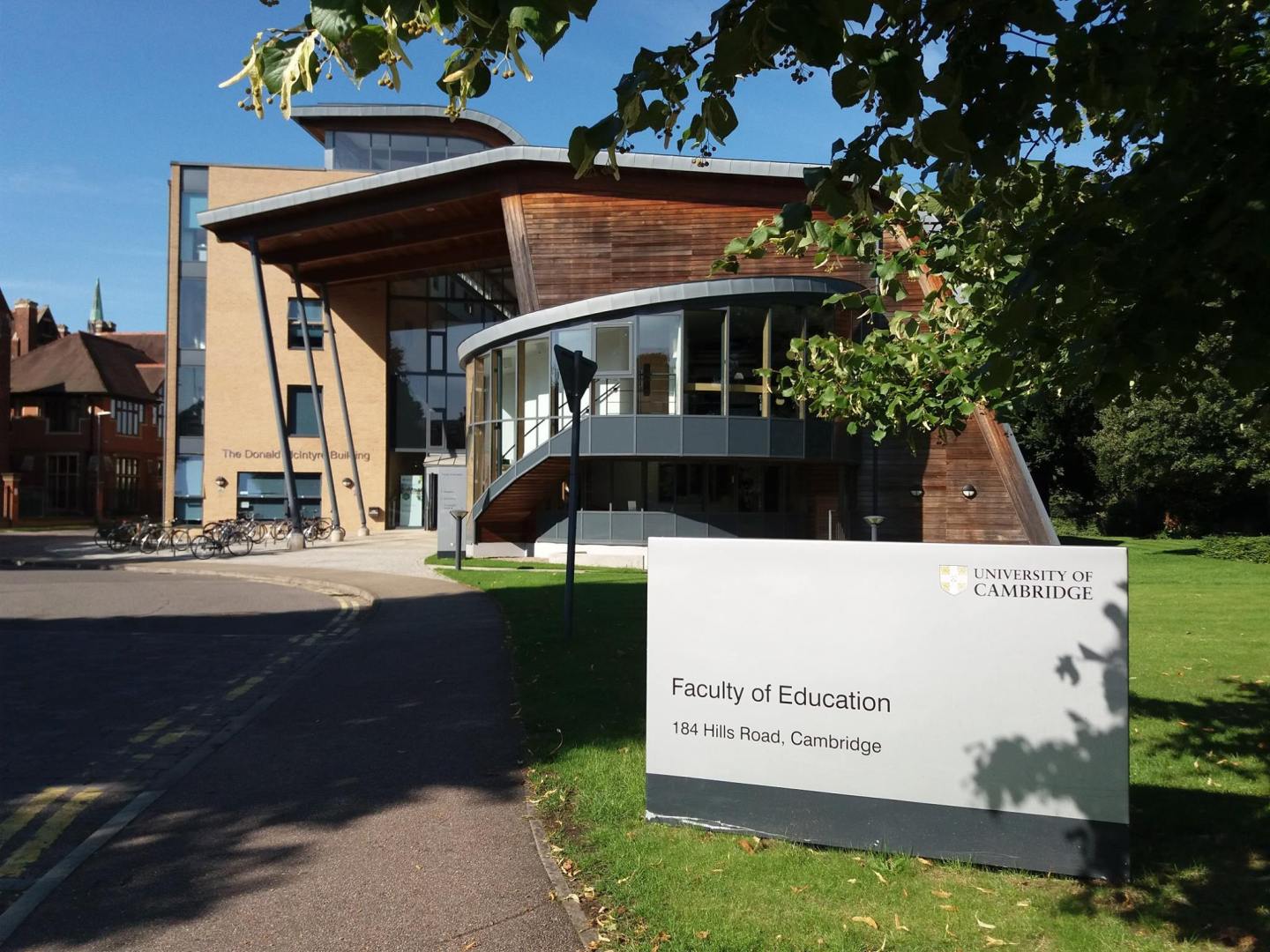After almost a year of extreme uncertainty and ruptures in our educational experiences – in schools, in preschools, in higher education institutions, in informal and non-formal learning settings – we invite you to reflect with us on the current and future state of education globally.
Changes to daily lives and to educational needs prompt us to reevaluate the purpose and essentials of education. Additionally, crucial conversations are happening globally about racial injustice, the climate crisis, public health and democracy. As educators and researchers, it is our responsibility to respond promptly, aptly and reflexively to the state of our world, our countries, our cities, our local communities, and our institutions. We are uniquely positioned to be proactive in imagining and contouring new ways of learning and of being together or, perhaps, to learn from each other and those educational practices and ontologies that we may have previously overlooked.
Thus, we invite you to join us online on the 3rd and 4th of June 2021 for the 18th Kaleidoscope Conference at the Faculty of Education, University of Cambridge. This time of change is an opportunity for reflection and response. Through this conference, we hope to create a diverse and uniquely situated community of peers and colleagues, to think together and to learn from each other, to evaluate and to (re)imagine.
This year’s conference theme is Responding to ruptures: speaking back to power. We welcome submissions representing inter-, multi- and trans- disciplinary projects, empirical and non-empirical, finished and unfinished. We look forward to learning from your theoretical and methodological advances, as well as original contributions to practice and/or pedagogy.
To better guide the flow of our thinking and conversations, we hope to host discussions on the following sub-themes:
- Connecting theory and practice in times of change;
- Linking politics, policy and research;
- Addressing the ethics of care and community;
- Engaging in reflexivity;
- Moving from opacity to transparency: revealing power structures;
- Re-thinking the essentials of education in schools;
- Higher Education: revelations from crises;
- Creating research and practice in and through the arts;
- Envisioning futures;
- Understanding and dismantling racism in education: anti-racism organising in schools and higher education institutions;
- Decolonising research and practice.
Please submit an abstract of maximum 250 words here by the 19th of March 2021. Choose a sub-theme to submit your abstract to. You can choose one of the following formats for your contribution:
15 minute presentation
This can be a general overview of your work, or can focus in detail on one or two aspects of it. If the latter, you could address one or two of the following: results and conclusions, methodological processes or innovations, contributions to your field, theoretical developments and original theories, or pedagogical/practice advances – depending on the type of your work and what stage you are at. Such a presentation should develop an argument or a central thread that is elaborated throughout the presentation. Avoid jargon: communicate key ideas so that they are understandable to someone who does not know your field. Focus on the big ideas and the contribution your work makes, rather than on details. You could use the conclusion to draw questions/directions for future research and/or practice. The presentation should have an introduction and conclusion, and be linked to the conference theme or, at least, with one of the sub-themes. You can choose to use a slideshow or not. Where appropriate, presentations will be organised in panels.
5 minute presentation
This can be a short overview of your work, or can focus in more detail on one aspect of it. It could also be a provocation for the audience and does not need to present a fully-developed argument. The key is keeping the presentation brief and clear: focus on key ideas rather than details. Avoid jargon: use language and visual illustrations that are accessible to participants of any background, including those who may not be familiar with your field. The presentation should be clearly linked to the conference theme or, at least, with one of the sub-themes. You can choose to use a slideshow or not. Where appropriate, presentations will be organised in panels.
Poster
Posters will be displayed in an online gallery. They should be easily read as images rather than as text documents, but maintain an academic standard. They should represent a brief, visual summary of your work or a part of your work. Feel free to include images, graphics, diagrams etc. Your poster should be clearly linked to the conference theme or, at least, with one of the sub-themes.
Link to submission form: https://forms.gle/BCFUHrNWP95QtHuv8
Deadline for abstract submission: 19th March 2021
Registration starts: 1st of April 2021
